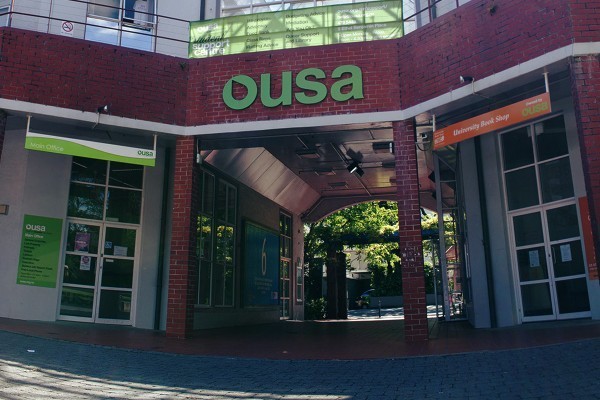OUSA’s budget for 2026 has dropped. You might read “budget” and feel your eyes glaze over. But just as your budget is crucial to stretching StudyLink payments across keeping a roof over your head, avoiding scurvy, and storing away a little extra for barista-made treats or a box on the weekend, OUSA’s budget is the blueprint for what they’re able to do. A financially illiterate Critic Te Ārohi tugged on the sleeve of Finance and Strategy Officer Daniel Leamy for the breakdown.
Despite the efforts of OUSA’s different departments (Critic Te Ārohi included), its operations beyond cooking up snags on Union Lawn and campaigning student politicians remain a mystery for many. OUSA is a not-for-profit organisation responsible for providing advocacy and services essential to student life at the University of Otago. As an example, Daniel pointed out that thanks to Clubs and Soc’s free breakfasts, $4 lunches, and $5 Bowling Club dinners, students can feed themselves for just $9 a day – a vital service in a cost of living crisis.
The majority of OUSA’s funding comes from a Service Level Agreement (SLA) with the University. OUSA and Otago Uni enter annual negotiations over the pool of money sourced from students’ Compulsory Student Services Fee (CSSF) – that $1,152 you paid for Uni services like UniPol and Student Health. The SLA forms the basis for OUSA’s budget the following year, supplemented by additional income from side hustles like event ticketing (O-Week, for example), ad sales (many found in Critic), building leases, and commercial entities like the Dunedin Craft Beer and Food Festival.
As Finance and Strategy Officer, Daniel was heavily involved in negotiations informing the OUSA budget for next year, which have now concluded. He seemed like a happy lad when Critic caught up with him. Thanks to a good relationship OUSA has built with the University (they can’t resist that brat green), the association is getting $521k more money from the SLA. “Negotiations were actually really favourable for us,” said Daniel, explaining that Uni staff acknowledged how crucial OUSA’s services were to students (naw).
The 2026 budget is largely “business as usual” for OUSA. Any increases mainly account for inflated costs, proportional to that department’s current budget (he whipped out a calculator to demonstrate his sick accounting skills to prove it). Just two departments’ budgets are decreasing: the Exec, and little old Critic Te Ārohi.
Like most students over the summer break, the Exec tend to ditch Dunners after exams and are too busy killing brain cells at festivals and sipping G-and-Ts with the fam to fulfill their hours. Rather than kidding themselves that they’ll work over the break, the Executive budget will decrease by $29,196 to reflect the zeroed summer hours. A decrease to the President’s honorarium is included in this number to account for University Council remuneration (yep, it’s paid); work that has been “double dipped” with President pay.
Critic Te Ārohi’s reduction in budget is owed to a change in printing next year – paper is incredibly expensive. Typically printing a weekly 36-page magazine, Critic in 2026 will be switching to an asymmetrical print calendar. Every fortnight, there will be the magazine students know and love. On the alternative weeks, there will be a 16-page mini-mag including news, puzzles, and artwork – everything that keeps the casual Critic reader coming back each Monday.
The OUSA Budget will soon be available on their website. Students are invited to the Annual General Meeting on October 23rd at 12:45pm in the Main Common Room to provide feedback on the budget and approve it. This will be during exam period, meaning that it’s in breach of their constitution, something they hope will be remedied at the AGM through a special motion. This was necessary since the AGM will also be covering a constitutional reform that OUSA’s lawyers require a couple of weeks to review. Kai and giveaways are promised to students who attend.






